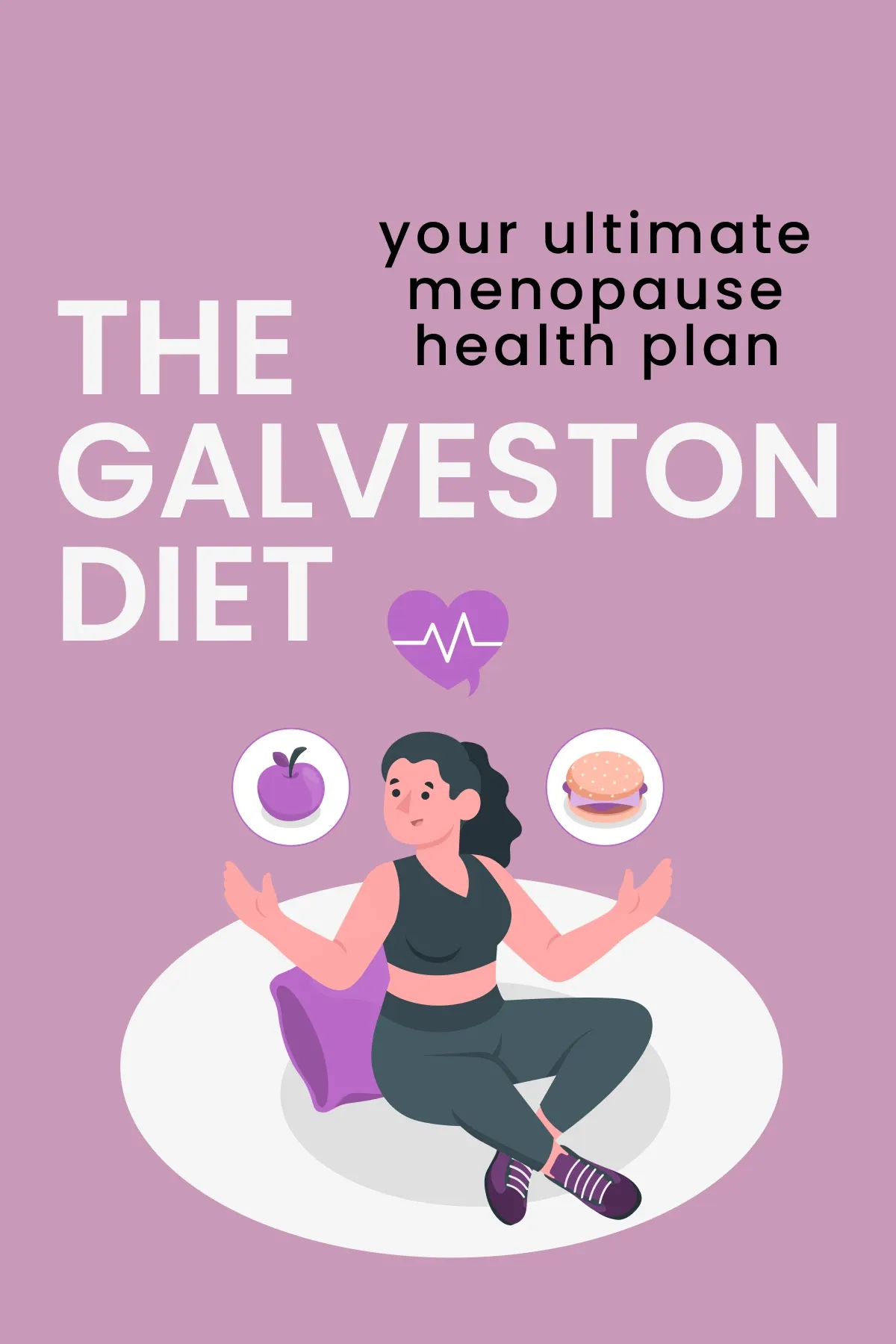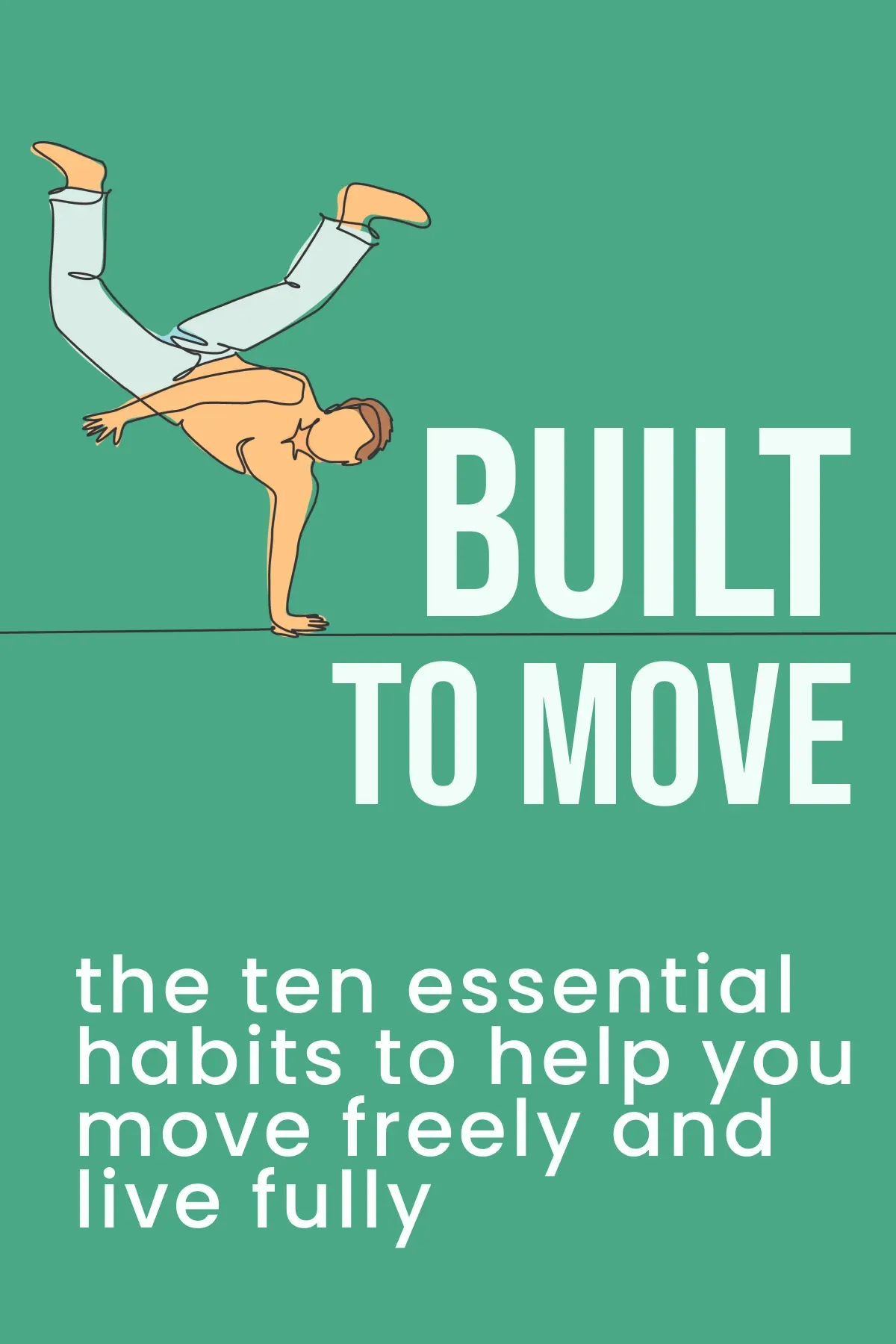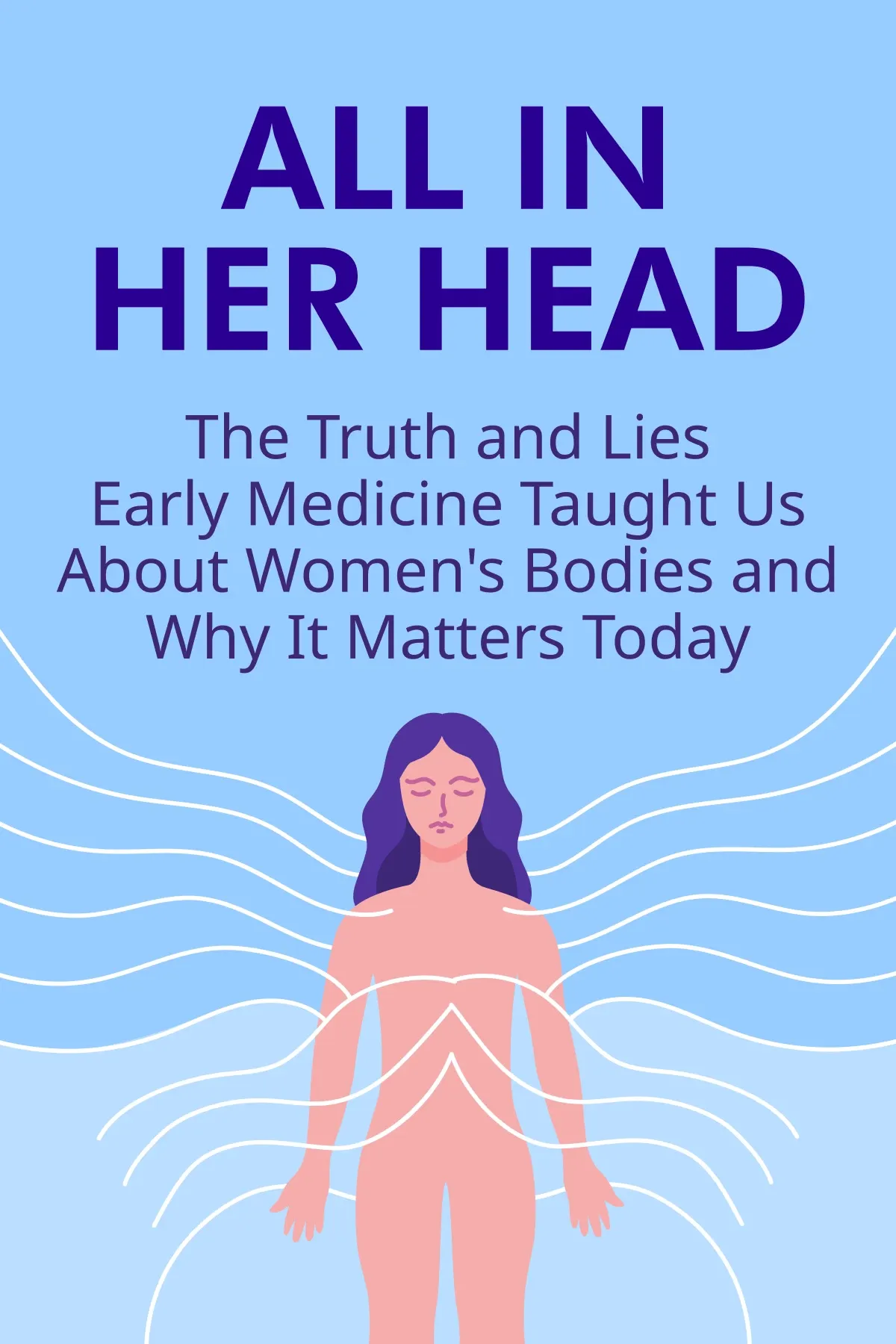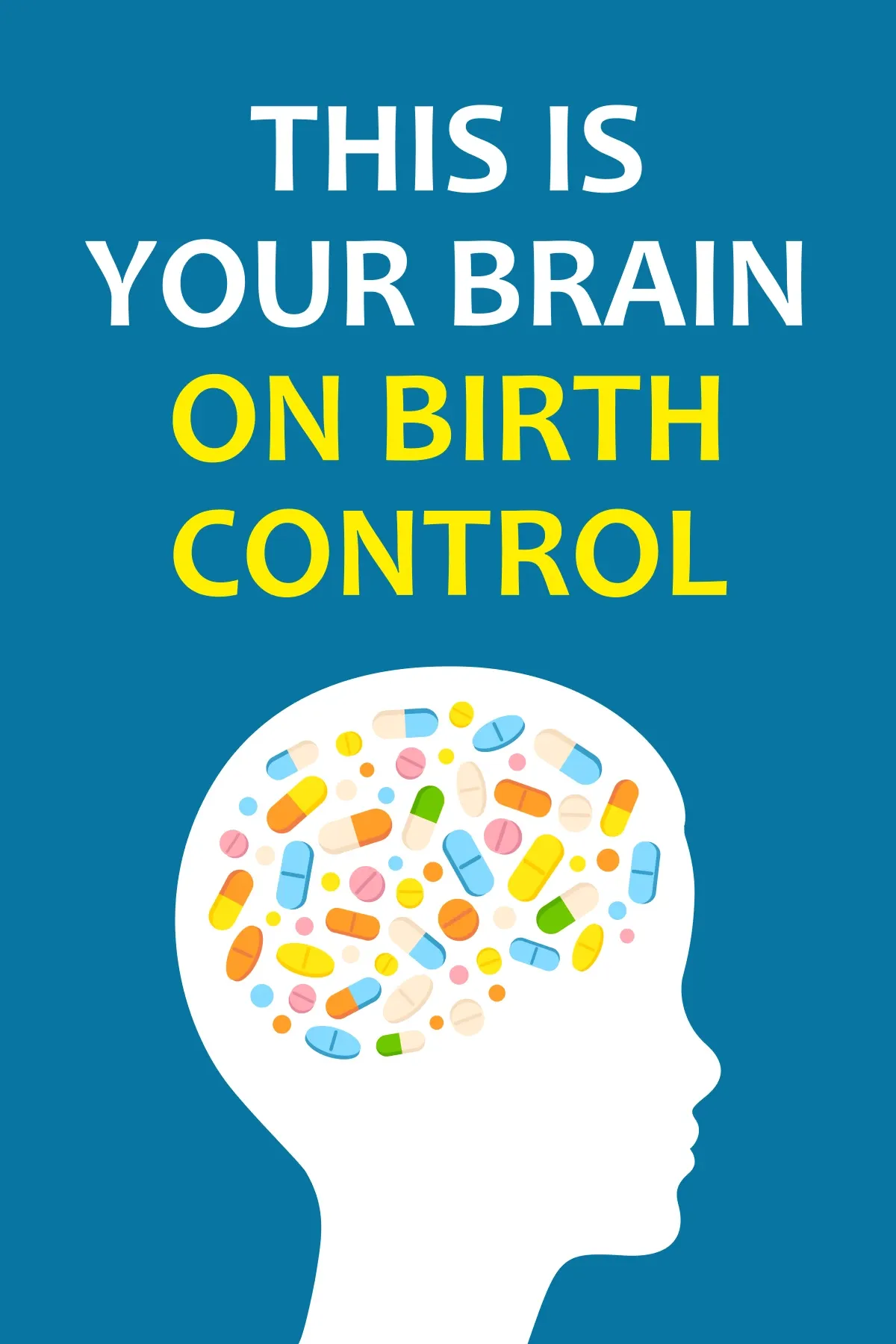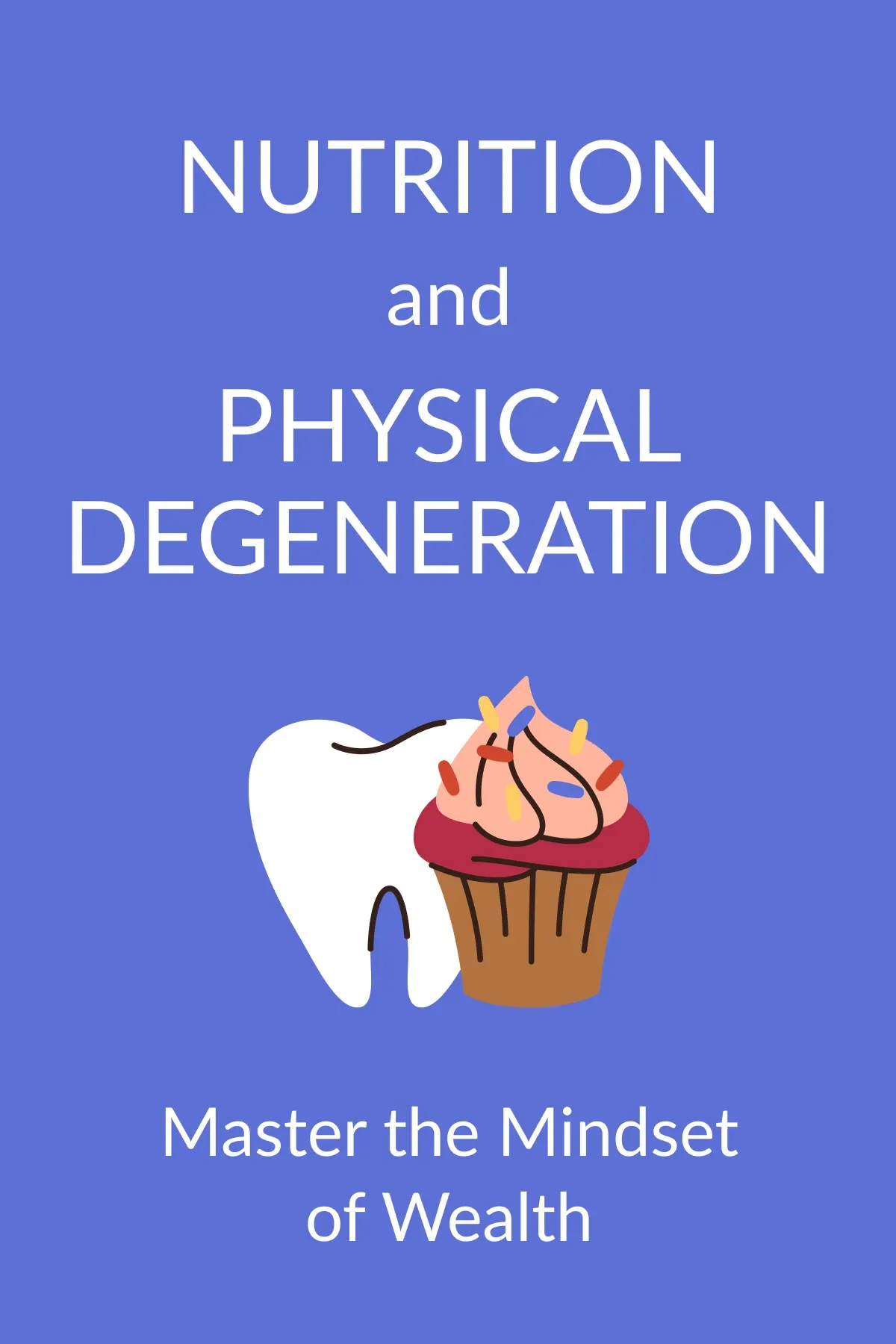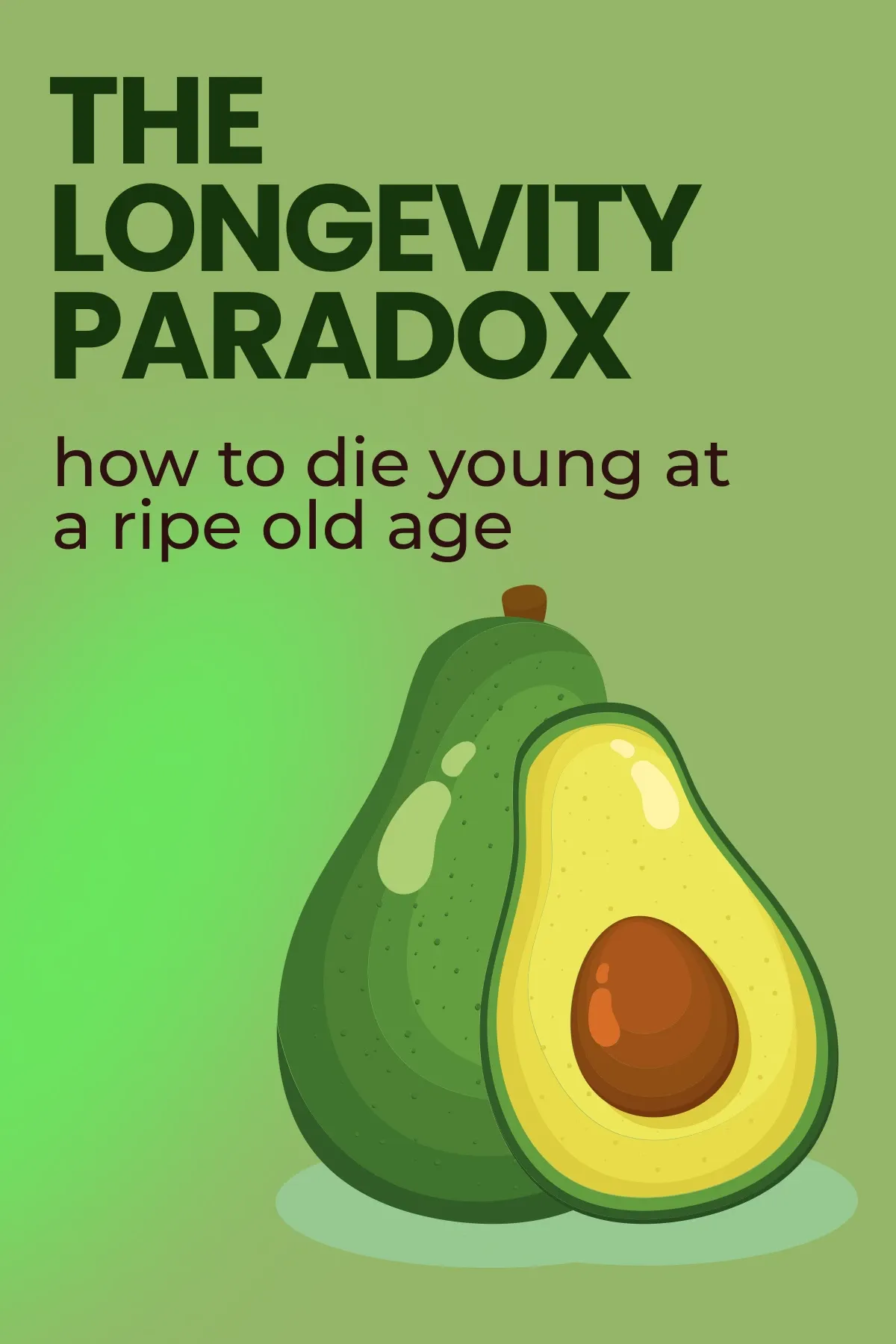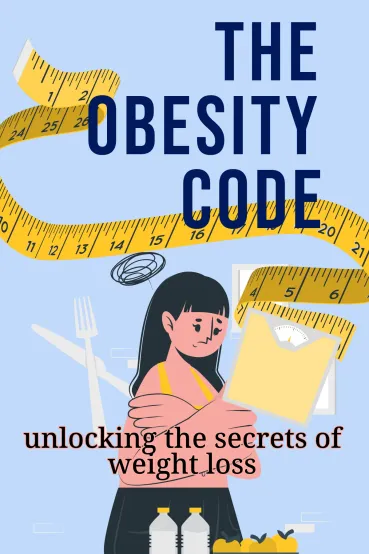
The Obesity Code
Brief Summary
“How do I lose weight?” is a question people have started asking more and more in the 21st century. However, the reason for this is not only the pressure, which tells us about beauty standards. Studies show that the obesity rate has actually increased with the development of civilization, and you will find why this happened in the book “The Obesity Code” by Dr. Jason Fung.
Key points
Key idea 1 of 8
“Why does my friend Sven eat five ice creams a day but remain thinner than me?” “My friend Maria is constantly moving but can’t lose weight.” We’ve all asked these questions, as it seems that body weight depends only on two factors: how much we eat and how much we move. And although this does make sense, the issue is much more complex.
Obesity was not as prevalent a problem in the past as it is today. Of course, this didn’t happen just because people moved more and ate less, as we might like to believe. The fact is that historically, people’s diets, regardless of the country they lived in, were primarily based on whole, unprocessed foods. Later, refined carbohydrates, such as sugar and starch, became commonplace as industrialized agriculture grew.
Such products are quite calorie-dense, which has led to the rise in obesity rates. The same amount of food doesn’t always mean the same amount of calories. Calorie counting became popular as a weight-control strategy in the early 1900s. The 1918 best-selling book Diet and Health by Dr. Lulu Hunt Peters strongly emphasized cutting calories, especially to about 1200 per day.
This strategy’s foundation was that eating too many calories led to weight gain. Besides, regular physical activities like sports, running, or hard work burn calories. Therefore, people began to understand the true nature of the idea that "to lose weight, you need to move more and eat less."
The general perception that obesity results from human moral shortcomings is reflected in a 2012 online survey, in which 61 percent of American respondents attributed obesity to personal choices regarding diet and exercise. This viewpoint, however, ignores the fact that hormonal variations, such as those between men and women, have a major impact on weight distribution and fat storage, especially during puberty and pregnancy.
Therefore, to lose weight, you should not only focus on "eating less and moving more" but also on how many calories the foods you consume contain and how many you burn throughout the day. However, don't forget that obesity is a complex disorder impacted by metabolic, environmental, and genetic factors in addition to individual decisions.
FAQ
You may also like these summaries


